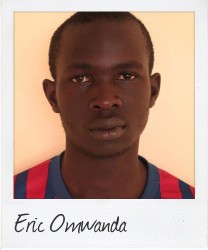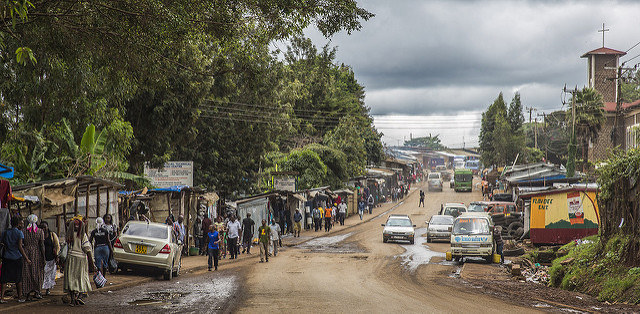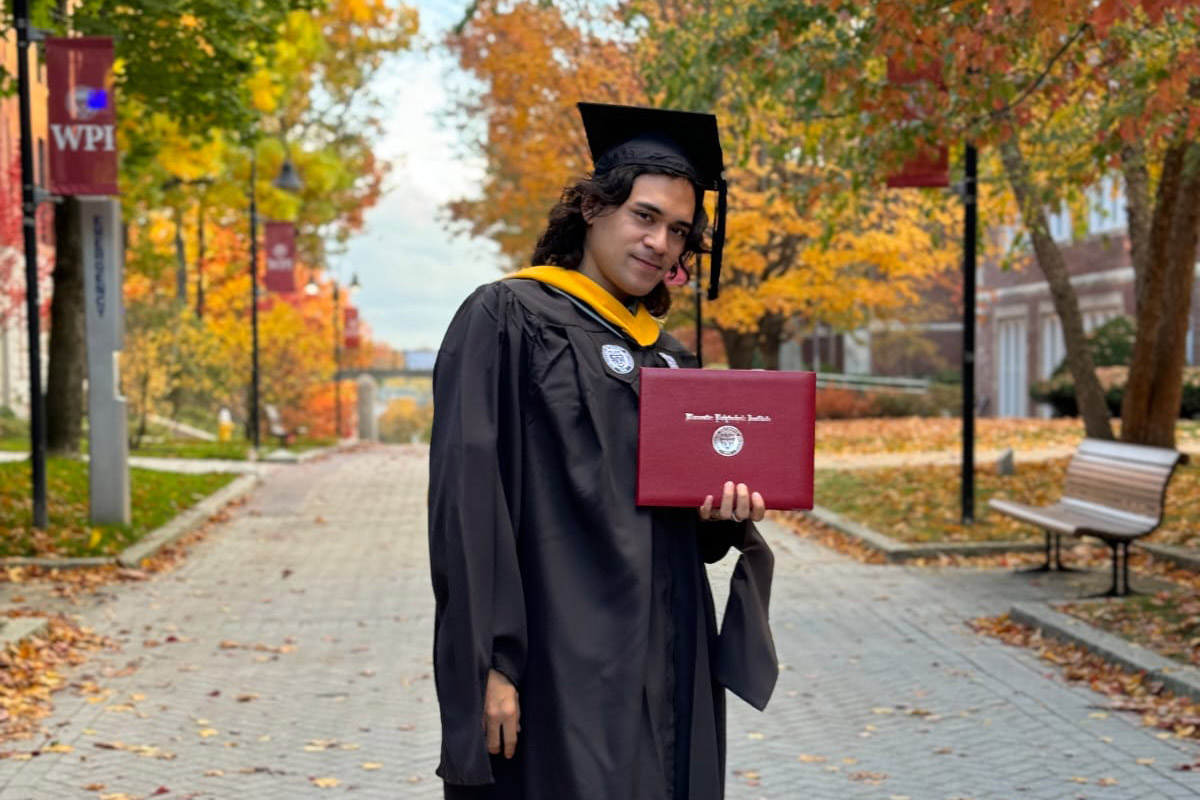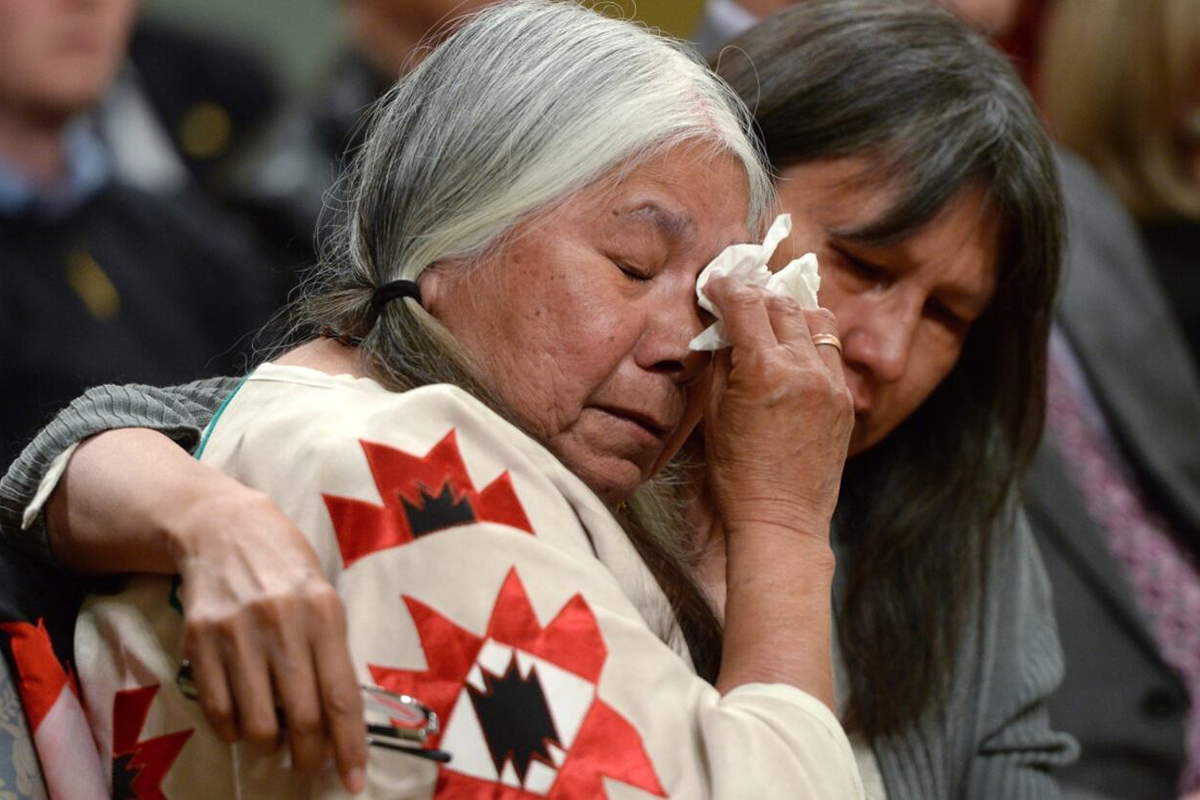“Strategies for electioneering year in Kenya”
May 8 Kenya is heading to general elections in August of this year, but Eric Omwanda, 26, a Commonwealth Correspondent from Nairobi in Kenya, argues there is little for citizens to celebrate if an electioneering period is still bound to traditional lines. He suggests empowerment strategies for change.
Kenya is heading to general elections in August of this year, but Eric Omwanda, 26, a Commonwealth Correspondent from Nairobi in Kenya, argues there is little for citizens to celebrate if an electioneering period is still bound to traditional lines. He suggests empowerment strategies for change.
It has been a tradition for the electorate of Kenya to vote for their favorite political candidate in the six elective posts – Member of County Assembly, Women Representative in Parliament, Member of Parliament, Senator, Governor and President and his Deputy.
As the electorate, we are promised a lot of goodies in the event that a certain politician wins the elections. It is very unfortunate that at this time of the year people normally are very loyal to their political parties and their tribes. It is during this time that some Kenyans feel that others are less patriotic than themselves. People are fragmented, based on loyalty to the party leaders and ethnic groups.
In Kenya we have about 42 tribes, whereas Tanzania has over 70 tribes. Logically speaking, with a larger number of tribes the chances of ethnic violence erupting during elections period becomes very high. In this instance, we could expect that since Tanzania has more ethnic groups the chance of violence erupting during elections period in their country is very high. This is not the case. In fact, Tanzania is one of the most peaceful countries in Africa. In Kenya, post elections violence has been an impediment to development. The worst recent case was the 2007-08 experience, when millions of properties were destroyed, about 300,000 families were displaced, and 1,200 people died.
As we are heading to the elections in 124 days, it is the role of every citizen to ensure that peace prevails. The hardest hit areas are the informal settlements of Kenya, where most of the inhabitant earn less than $2 per day. The informal settlements are characterized by limited access to water, electricity, social amenities, security and justice.
According to the World Bank, four out of every ten poor people in Kenya live in informal settlement. The World Bank statistics further state that 60 per cent of the urban land is covered with informal settlements in Kenya. Without any doubt, the people of the slums have answers to their own problems. No politicians will fix the situation when the slum people are not ready to take a lead role.
In the slums, we need to have a local insurance companies that cover the people in a specific slum. We need to have local SACCOs where members can save as little as $2 per week. We need a local banks that will serve low incoming people from the slums.
Once we have achieved economic independence, chances of us being involved in violence before, during or after any elections will be very minimal.
Kenya, which has a population of slightly over 40 million people, needs to take care of this class of people to lower the cost of living, which translates to improved economy. It is very embarrassing to learn that maize flour – the staple food in Kenya – is costing $1.5 per 2kg. It is extremely hard for low incoming earning families to afford this. This is the main reason I am calling upon people of the slums to have slum-owned initiatives that will enable them to invest, save, get loans and start small scale to large scale businesses. We have the solutions to our own problems.
photo credit: Regina Hart Shopping in Nairobi, Toi Market, Kibera [credit Ninara, Flickr] via photopin (license)
…………………………………………………………………………………………………
About me: I am aspiring to be world class journalist who will share stories beyond my community and country because stories happen beyond set boundaries and they need to be told.
My interests are issues affecting humanity either positively or negatively, taking photos and videos. You may kindly visit http://matharefoundation.blogspot.com
Currently I am a freelance journalist based in Nairobi. I do commercial video production and photography when hired by clients.
…………………………………………………………………………………………………
Opinions expressed in this article are those of the author and do not necessarily represent the views of the Commonwealth Youth Programme. Articles are published in a spirit of dialogue, respect and understanding. If you disagree, why not submit a response?
To learn more about becoming a Commonwealth Correspondent please visit:
http://www.yourcommonwealth.org/submit-articles/commonwealthcorrespondents/
…………………………………………………………………………………………………




